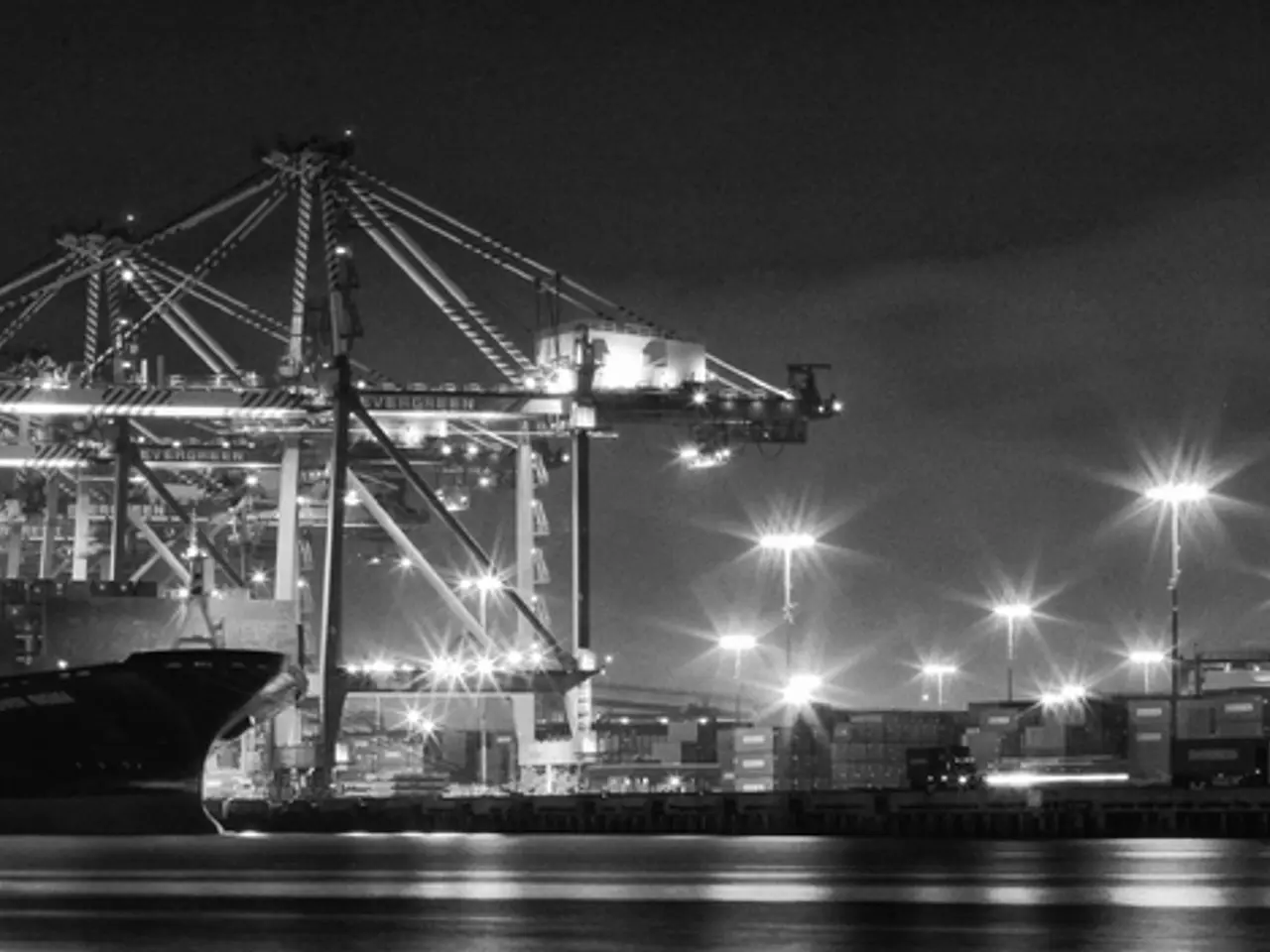Study warns of billion-dollar losses in steel outsourcing - Germany's Steel Industry Faces Crucial Decisions at November 6 Summit
Germany's steel industry confronts vital decisions. A 'Steel Summit' on November 6 at the Chancellery will discuss measures to enhance competitiveness, with representatives from key steel states and industry leaders in attendance. The event comes as researchers urge half of Germany's steel production target to be met through low-CO₂ direct reduction methods, warning of a 'steel shock' that could erode household incomes and weaken domestic demand.
Germany requires at least 40 million tons of steel annually to meet demand reliably. However, relocating German steel production abroad could cost the economy up to €50 billion annually in a crisis scenario. Without domestic production, Germany could face significantly higher steel prices and reduced production in downstream industries. Regions heavily dependent on steel, such as Duisburg, Eisenhüttenstadt, Bremen, and the Saarland, would be particularly hard hit by industry decline, potentially fueling the rise of far-right populist movements as seen in the U.S. and Britain.
The upcoming Steel Summit aims to address these challenges and explore ways to strengthen Germany's steel sector. Representatives from key steel states, including Nordrhein-Westfalen, Niedersachsen, Brandenburg, and the Saarland, will join industry leaders to discuss strategies for boosting competitiveness and ensuring the long-term sustainability of the sector.
The Steel Summit on November 6 is a critical opportunity for Germany to chart a course for its steel industry that balances environmental responsibility with economic stability. With the potential impact on household incomes, domestic demand, and regional economies at stake, the decisions made at this summit will have far-reaching implications for Germany's industrial future.








